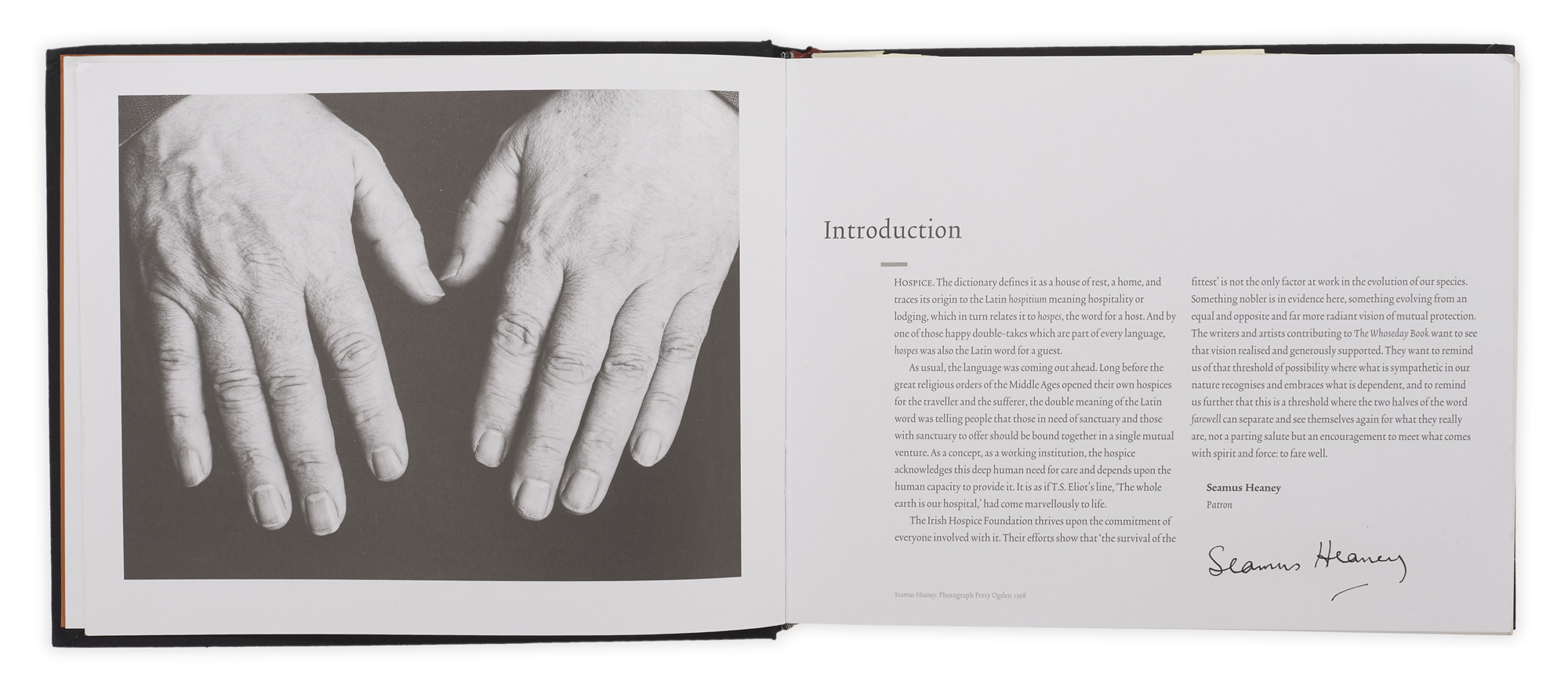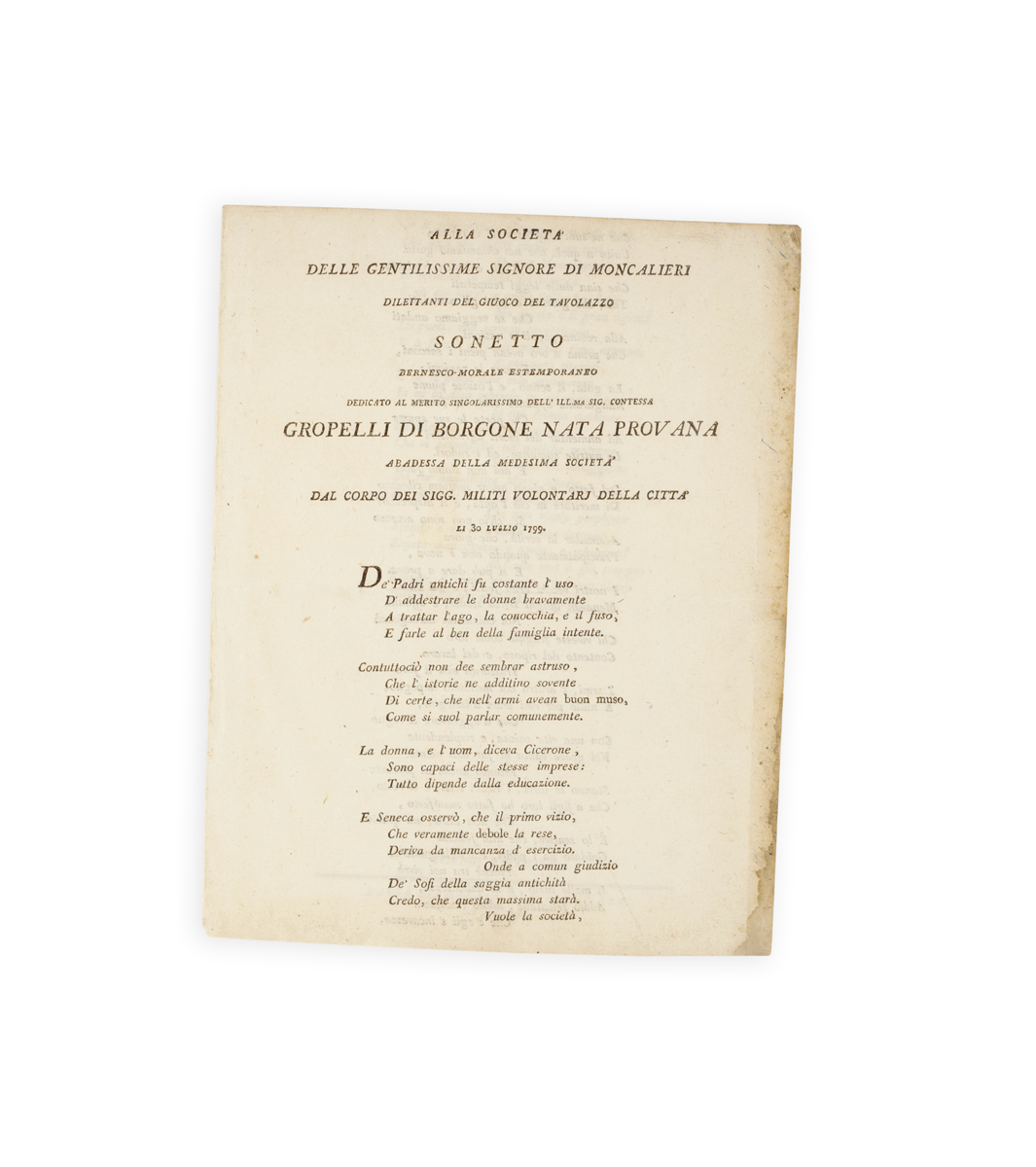BEAUMONT, Joseph.
Psyche: or Loves Mysterie in XX. Canto’s: displaying the Intercourse between Christ and the Soule …
London, Printed by John Dawson for George Boddington … 1648.
Small folio, pp. [6], 399, [1], wanting the preliminary blank, small hole to M4 affecting three letters, a few marginal repairs without loss; a very good copy in full red morocco, gilt, by Zaehnsdorf, joints slightly rubbed.
Added to your basket:
Psyche: or Loves Mysterie in XX. Canto’s: displaying the Intercourse between Christ and the Soule …
First edition. Beaumont was one of the royalist fellows ejected from Cambridge in 1644, and he devoted his enforced retirement to the composition of this poem, a ‘religious epic’ representing ‘a Soule led by divine Grace, and her Guardian Angel ... through the difficult Temptations and Assaults of Lust, of Pride, of Heresie, of Persecution, and of Spiritual Dereliction ... to heavenly Felicitie.’ The result, some 30,000 lines in six-line stanzas, is by far the longest work of the ‘English Spenserians’ of the seventeenth century (Drayton, Wither, Henry More, Giles and Phineas Fletcher), although Beaumont’s stylistic affinities lie more with Donne and with his fellow student at Peterhouse, Richard Crashaw.
When a second edition was published in 1702 ‘much enlarged in every canto by the late Reverend Author’, the first edition was described as ‘very scarce and very dear’, which is difficult to believe.
Wing B 1625; Hayward 96.

